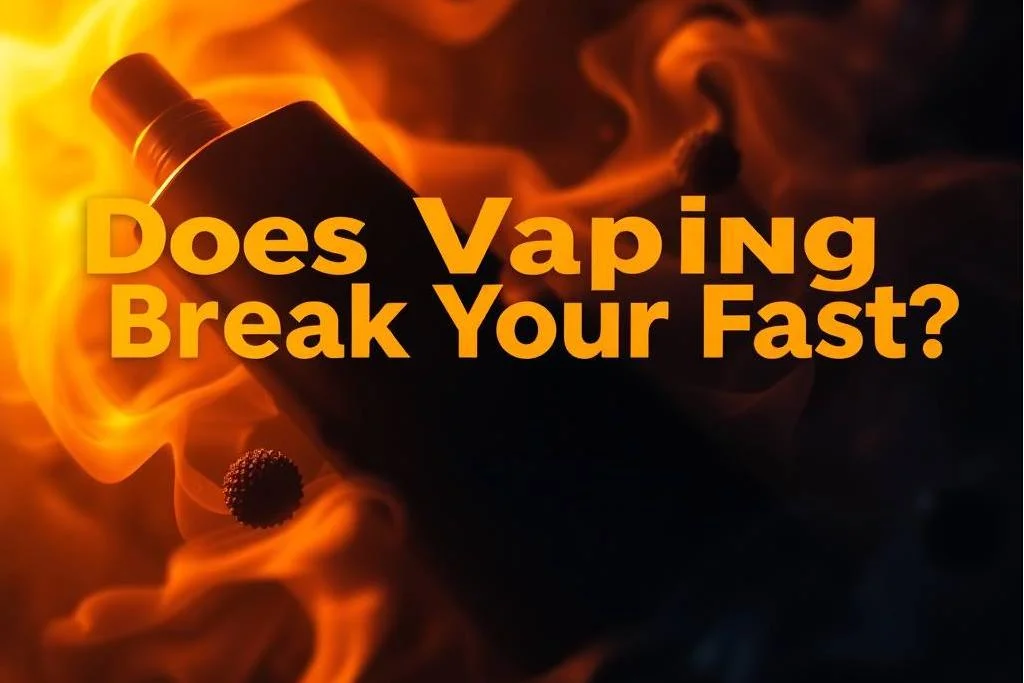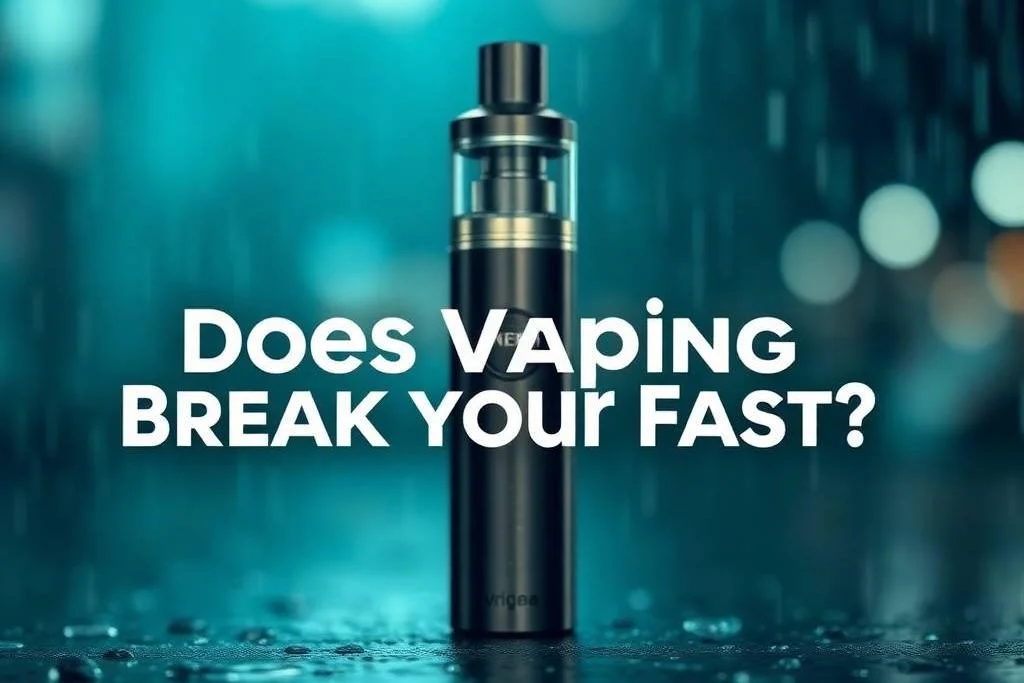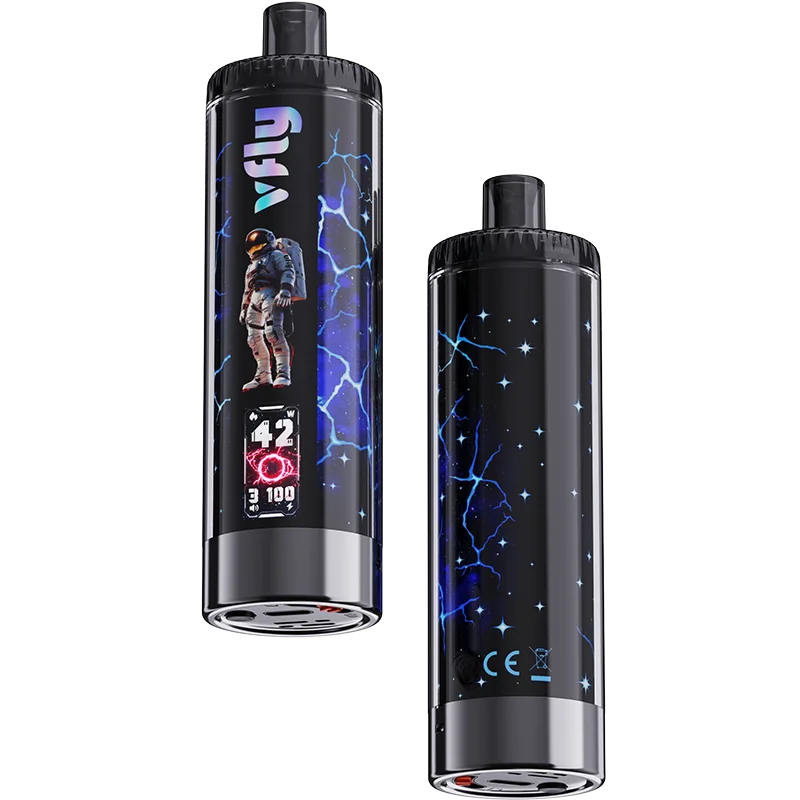Does Vaping Break Your Fast?
For many observing fasting during religious periods like Ramadan, understanding what invalidates a fast is essential. One commonly asked question is: Does vaping break your fast? This guide explores the implications of vaping while fasting, considering Islamic teachings, health advice, and common practices among fasting individuals.
What Is Considered Breaking a Fast?
In Islamic tradition, fasting during Ramadan requires abstaining from food, drink, and other physical indulgences from dawn until sunset. The general principle is that anything entering the body through a recognized opening — such as the mouth or nose — that provides nourishment or pleasure can invalidate the fast.

Does Vaping Break Your Fast?
Yes, vaping breaks your fast according to most Islamic scholars. Here's why:
- Inhalation of substances: Vaping involves inhaling aerosolized liquids, which enter the body through the mouth and lungs.
- Pleasure and stimulation: The flavors and nicotine in vapes provide sensory enjoyment and physical effects similar to food or drink.
- Nutritional value is not the only factor: Even though vape liquids don't contain calories or nutrition, they are still seen as a form of intake.
Scholarly Opinions
Islamic scholars from various schools of thought, including Sunni and Shia traditions, generally agree that vaping during fasting hours is not permissible. The ruling is consistent with the prohibition on smoking, which is widely regarded as a fast-breaking act.
What About Nicotine-Free Vapes?
Even nicotine-free vapes are considered impermissible while fasting. The inhalation of any flavored vapor — regardless of nicotine content — is seen as deliberately introducing a substance into the body, which breaks the fast.
Can You Vape After Iftar?
Yes. Once the fast is broken at sunset (Iftar), vaping is not restricted under fasting rules. However, health professionals often advise moderation, especially after long fasting hours when the body is dehydrated.

Vaping While Fasting: Health Considerations
- Dehydration risk: Vaping can lead to dry mouth and throat, which may worsen dehydration during fasting.
- Nicotine withdrawal: Regular vapers may experience irritability, headaches, and cravings while fasting, particularly during the first few days.
- Planning ahead: If you vape frequently, consider tapering your usage before fasting begins to reduce withdrawal symptoms.
Conclusion
To directly answer the search query: Yes, vaping breaks your fast under Islamic law. It is viewed similarly to smoking, which involves inhalation of substances that invalidate fasting. Those who vape should refrain during fasting hours and wait until after Iftar if they choose to use vape products. Always consult with local religious authorities for guidance specific to your community and interpretation.
FAQs
1. Does vaping break wudu (ablution)?
No, vaping does not break wudu. However, it’s still discouraged due to its odor and association with impurities.
2. Can you vape while fasting for health or diet purposes (non-religious)?
That depends on the purpose of the fast. If it’s a calorie-restriction fast, vaping (with zero calories) may not break it, but it could interfere with your goals.
3. Is vaping after Suhoor or before Iftar allowed?
Yes, vaping outside fasting hours is allowed from a fasting perspective, but should be approached with moderation.
4. Is smoking and vaping judged the same in Islam?
Yes, both are considered to break the fast and are discouraged due to potential harm.
5. Can you use nicotine patches or gum while fasting?
Most scholars also rule out nicotine patches and gum during fasting as they introduce substances into the body for pleasure or physical effect.



